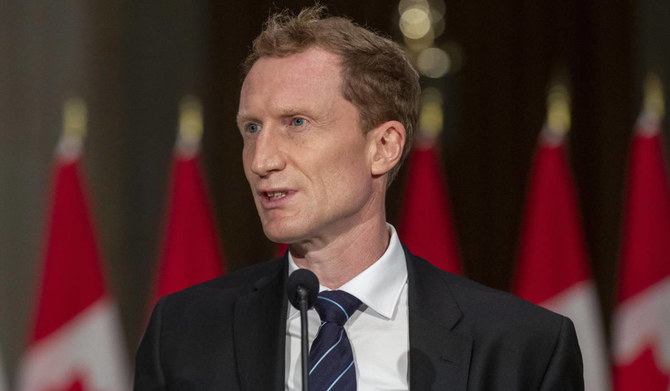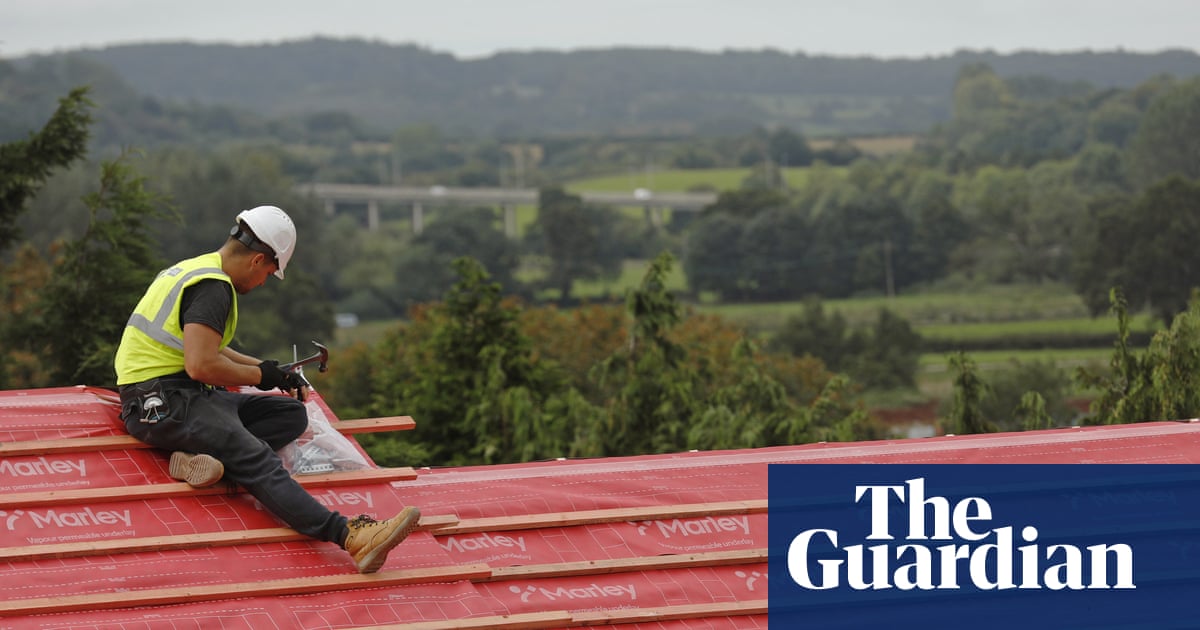
The exam is considered to be the country’s toughest – about a million people sit it every year vying for only a thousand or so vacancies in India’s hallowed civil service. Now a report suggests that it would be much fairer if all the candidates’ surnames were kept secret throughout the application process, as about 90% of Indian surnames reveal a person’s caste.
Candidates’ names are currently concealed, along with their religion, when they sit the written tests. But after the exam, the names of those who qualify for the final interview stage are used. And this, according to the report, scuppers the chances of Dalits, the lowest Hindu caste once called “untouchables”, because of the innate bias of interviewers.
The recommendation to conceal surnames throughout the process has come in a report from the research wing of the Dalit Indian Chamber of Commerce and Industry after it was asked to evaluate the position of Dalits in Indian society by the Ministry of Social Justice and Empowerment.
Urging the government to keep candidates’ surnames concealed throughout, the researcher who worked on the study, PSN Murti in Hyderabad, said he was surprised to see how the recruitment process was organised.
Jobs in the civil service, ranging from the Indian Administrative Service (IAS) and the Indian Foreign Service to the police, are highly coveted for their security and social prestige. Only about 180 candidates out of some 1.1 million candidates who sit the civil service exam secure a job – a success rate of barely 0.01%.
The government recruiting agency, the Union Public Service Commission, has all the details of the candidates – name, religion and socio-economic background – because it needs the data to fulfil India’s affirmative action policy for Dalits, for whom 15% of places in the civil service are reserved, along with quotas for other under-privileged groups.
This information is not accessible to the examiners of the written tests to avoid any bias creeping in, yet names are revealed for the interview.
“The same anonymity should prevail throughout the process to give everyone an equal chance, because India is not a society where you are taken on merit. It is ridden with discrimination. Over 90% of surnames reveal your caste and, once it is known, a whole chain reaction starts. Objectivity goes out of the window,” said Murti.
Every year about a million Indians subject themselves to the gruelling and savagely competitive annual exam, sometimes year after year, often enrolling for months of special classes beforehand designed to help them crack it. Coaching for the exam and the all-important interview is an industry in itself, but few Dalits can afford this. A few state governments have started to offer help with the coaching fees to try to bring some equality to the process, but how upper caste candidates prepare for the exam and how Dalits prepare is merely one difference among many.
Swaran Ram Darapuri, a retired senior police officer in Lucknow, in northern India, knows that Dalits are at a huge disadvantage in the interview. Most come from rural backgrounds and may be the first generation in their family to be educated.
As one of the few Dalits to make it to the Indian Police Service through the exam, Darapuri says he has first-hand knowledge of discrimination. It is impossible, he says, for the invariably high-caste interviewers to be “caste-neutral” because the moment they hear a Dalit surname, their whole attitude shifts, subtly but significantly.
“Dalit candidates will never have spoken English at home or with their friends. They struggle to be fluent. They lack social confidence because of generations of oppression and exclusion. Then you have interviewers who, the moment they hear the caste from the surname, are going to be prejudiced against them,” said Darapuri.
Out of the 89 secretaries – the most senior bureaucratic post – at the federal level in India’s capital, Delhi, in 2019, only one was a Dalit, according to parliamentary data. Even in the lower echelons, representation is dismal and nowhere close to corresponding to the 200 million Dalits in India – 16% of the 1.3 billion population.
Caste continues to persist in every little crevice of Indian society. It emerged last month that jobs in prisons in the northern state of Rajasthan – barbers, sweepers, cooks and gardeners – were being allocated on the basis of caste.
In December, the state of Maharashtra, in the west of the country that includes Mumbai, changed the names of neighbourhoods that reflected the caste of the majority community. It said that it felt this was a “regressive” custom.
For Darapuri, concealing surnames would help more people from a rural, poor, marginalised and excluded background get a fair chance. He said: “For the state to look after all its citizens, you need a fair representation of every community. The civil service should be a mirror image of society because only then can India be a truly representative democracy.”
The ministry has yet to decide whether it will implement the recommendation.












